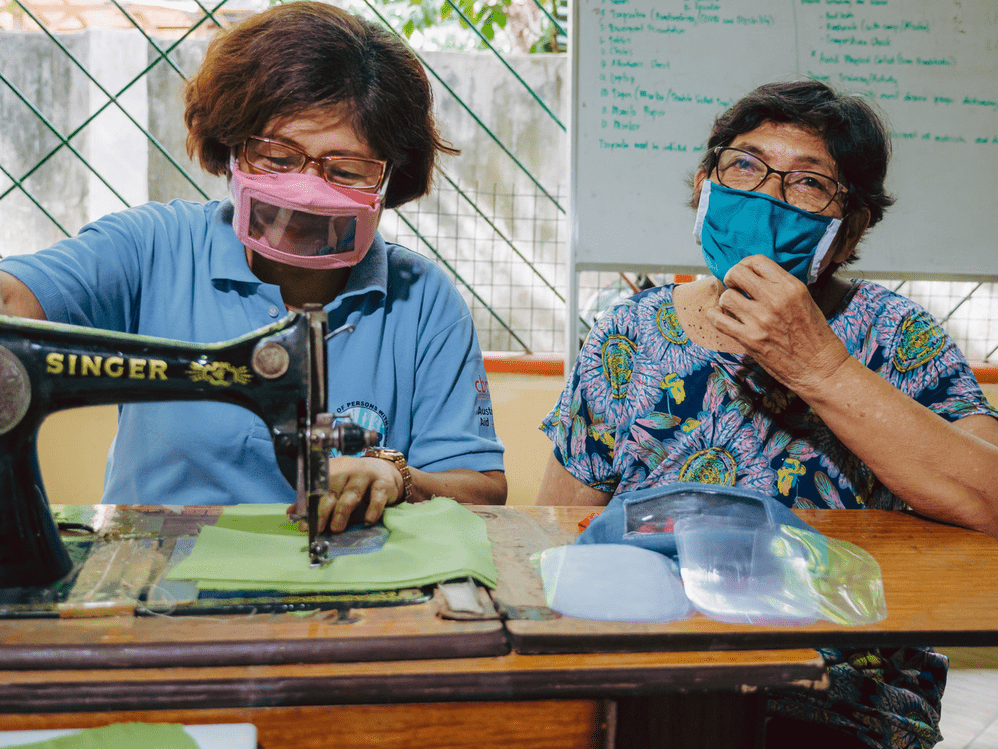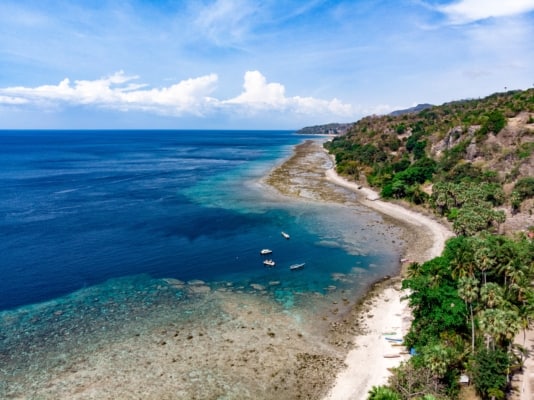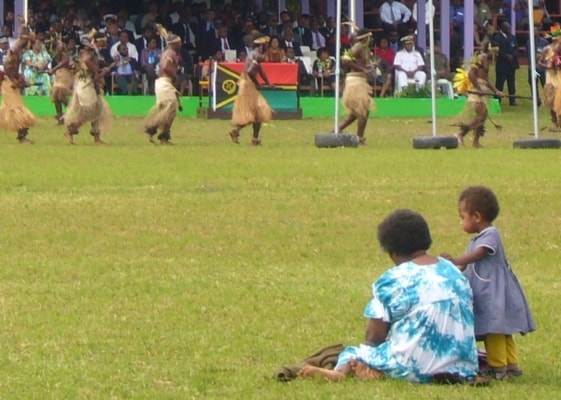This post, What happened to Australia’s leadership on disability inclusion? A tale of two summits, appeared first on Devpolicy Blog from the Development Policy Centre.
The second Global Disability Summit, which starts today (16 February 2022), provides a virtual line in the sand for us to reflect on how far Australia has come on disability-inclusive development, and where we go from here.
Once a global leader in disability inclusion, Australia certainly ‘hit above its weight’. It was fast and innovative in adopting pro-active policies that took disability inclusion to a flagship level within its aid program.
The first disability strategy, Development for All: Towards a disability-inclusive Australian aid program, was launched in 2009, making Australia the first donor country to have a standalone strategy for making development assistance disability inclusive. This strategy created a steady progression within the Department of Foreign Affairs and Trade (DFAT) towards the ‘twin-track’ approach, meaning solid investment in disability-specific programming was twinned with mainstreaming disability inclusion throughout all aid programming.
This framework, along with fairly consistent core funding of around $12.9 million per year (a large proportion of which went to global funds), provided the basis for Australian leadership at a global level, and bought us a seat at the table for international engagement.
Australia was a co-chair of the Global Action on Disability (GLAD) network – a donor coordination network which promotes disability-inclusive development and humanitarian action – which it helped to establish in 2015. Australia’s leadership in GLAD was instrumental in driving the UN to invest more in data disaggregation.
Australia drove a number of statements and position papers that framed overall advocacy and provided advice to other donors. Australia’s funding of innovative pilots in disability inclusion provided evidence that saw other agencies and DFAT partners introduce and strengthen their disability-inclusive practices.
Australia was the first financial supporter and one of the strongest proponents of the UN Disability Inclusion Strategy, which provides the foundation for sustainable and transformative progress on disability inclusion. Australia also took an active role in negotiation of a number of relevant resolutions through the UN Human Rights Council, and was closely involved in the development of the IASC Guidelines on Inclusion of Persons with Disabilities in Humanitarian Action.
At the time of the first Global Disability Summit (GDS) – organised in London in 2018 – Australia was in an influential position, sharing its experience in a number of key areas and organising participation from Asia-Pacific.
Fast-forward to the second GDS this week, and there is a considerable difference in how Australia is currently positioned on disability inclusion. The core budget has fallen by 25% (it was reduced to $12.1 million in 2020/2021 and then to $9.6 million in 2021/2022). This funding enables input to critical international policy infrastructure that underpins progress on disability inclusion, by providing core funding to the International Disability Alliance, to the Pacific Disability Forum, and to organisations that do important work in progressing data disaggregation. The second Development for All strategy, which had been extended to the end of 2021 due to COVID, has now lapsed, leaving a policy vacuum.
It is likely none of these failures are intentional. DFAT and ministerial communications continue to prioritise disability inclusion; and programming on disability inclusion hasn’t yet seen large reductions in quality. In particular, in the humanitarian space, Australia is still an important voice in the room on disability inclusion, and in some areas is still driving data disaggregation and human rights issues in global programs.
Promisingly, both DFAT and the Minister for International Development and the Pacific have recently publicly committed to a new strategy (although no timeline has yet been given), and DFAT is co-hosting the Pacific Satellite Summit, a precursor forum held this week ahead of the GDS, to elevate the Pacific voice into the global forum.
Resourcing at DFAT is one of the primary issues. Without a strong driver in the technical section that manages the global partnership and core disability budget, the overarching funding and strategy have too easily fallen off the agenda. The Disability, Indigenous and Social Inclusion section was left without a permanent director, and numerous disability inclusion roles were unfilled for long periods of time throughout 2020 and 2021. The fact that full staffing has now been restored is a sign of what we hope will be renewed energy towards disability inclusion.
Australia is not the only leading voice on disability inclusion on the global stage, but it is an important one, and in many fora it is often the only donor voice speaking for the Pacific. For a small investment – to restore and increase the core disability budget – and some pro-active strategy development and international engagement, we can reclaim our once pivotal role on the global stage.
The GDS is a chance to alter the trajectory, and there are hopeful signs that Australia will grasp this opportunity. We want to see strong commitments from our leaders that show true dedication to rebuilding Australia’s innovative leadership in disability inclusion, and to increasing our global investment and strategic engagement.
Now is the time for Australia to make new commitments at the GDS, and beyond, that invest heavily in economic recovery from COVID-19 for people with disabilities; but also reach much further, to the heart of ensuring fundamental human rights for people with disabilities, and building resilience to future crises.
CBM Australia and the Australian Disability and Development Consortium (ADDC) wish to pay tribute to the late Paul O’Callaghan. Paul was enormously supportive of CBM in the early days of our advocacy to the government and the disability sector on disability-inclusive development, and was instrumental in the founding of the ADDC. He will be sadly missed.









